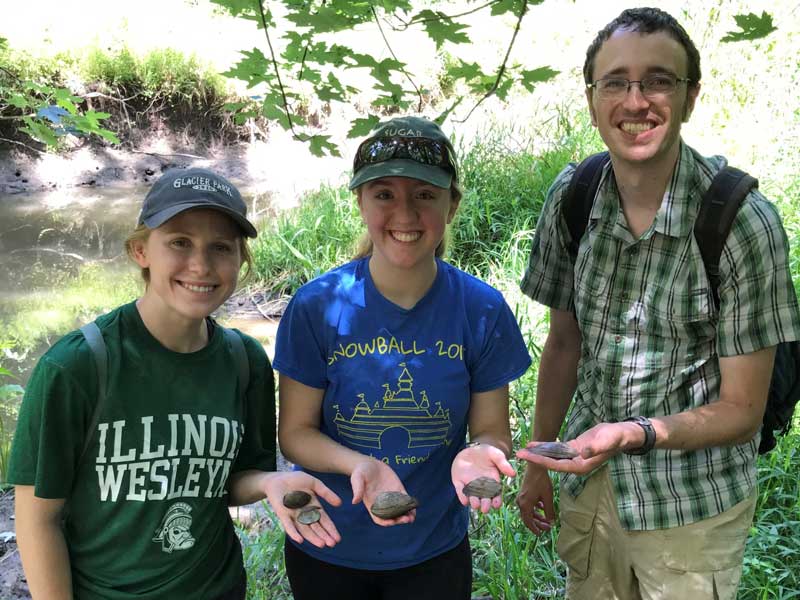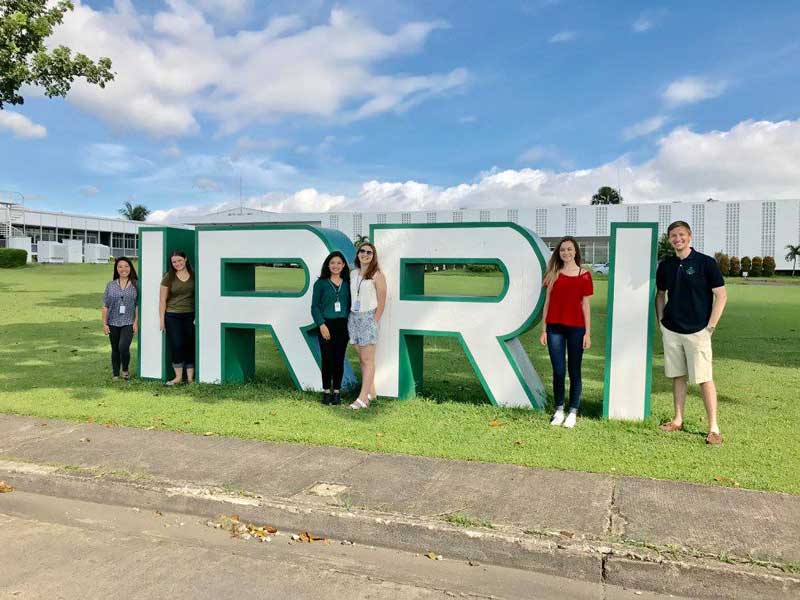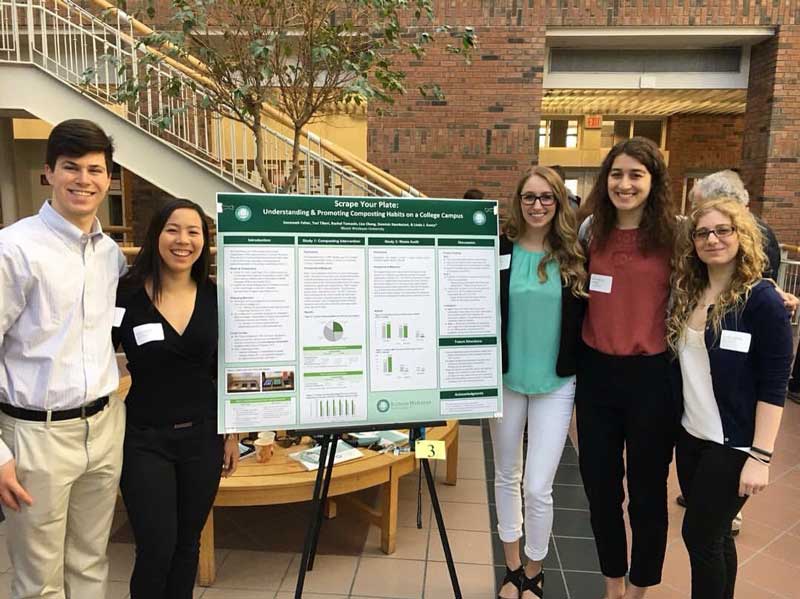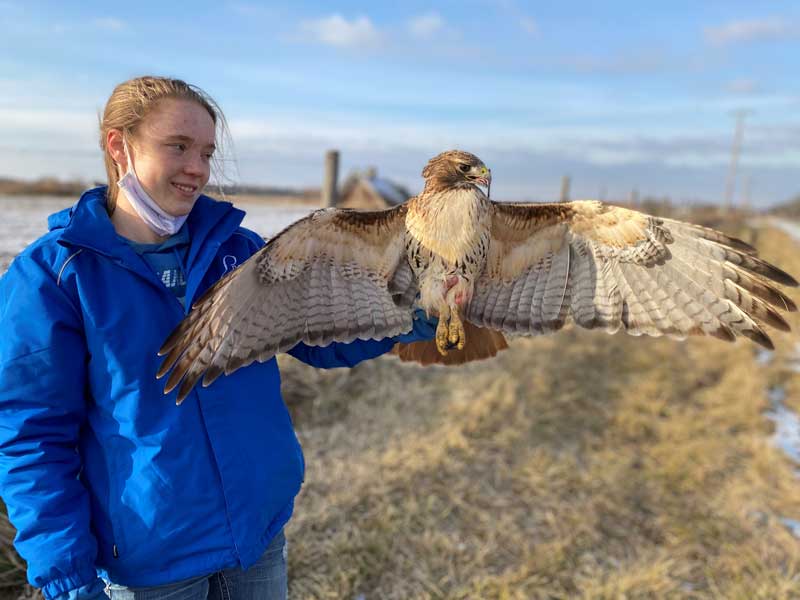Student Research
The Environmental Studies Program prides itself on its abundance of student research opportunities. As an ES student, not only will you partake in research during your senior seminar course, but you will also have the ability to conduct independent research with your professors, through internships, or even while studying abroad!
Research at IWU provides opportunities for you to go above and beyond the normal limits of the classroom,
and it provides valuable experience to stand out to future employers and graduate
schools.
From non-profit and environmental health internships to ecological research, the career development-exposure I received was tremendous!
- Ojaswee Shrestha ‘18 IWU Major Environmental Studies-Ecology; Minor Biology
Below are some ES student research highlights.
Senior Seminar
The Environmental Studies Senior Seminar (ENST 480) acts as the culmination of knowledge and skills gained from your first three years in the ES program. A project-oriented course, you will conduct professional research and writing to tackle a real-world environmental challenge in our community or with an overseas partner. Seminar students in the past have worked as both individuals and in teams, and findings are presented to the public at the end of the semester.
Check out a sampling of previous Senior Seminar projects below!
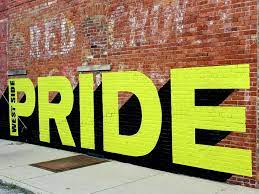 “Historic and Contemporary Environmental Injustice in West Bloomington, Illinois”
“Historic and Contemporary Environmental Injustice in West Bloomington, Illinois”
Leah Bieniak ‘21, Refugio Moreno ‘21, John Nairn ‘21, Riley Rooney ‘21
To address observed disparities in quality of life and land use between the east and west sides of town, students identified how patterns of economic and industrial development in Bloomington from 1850 to the present led to cases of environmental injustice on the West Side. Using current health and demographic data, the students considered how the injustices may have contributed to higher rates of health concerns in West Bloomington residents as compared to the East Side.
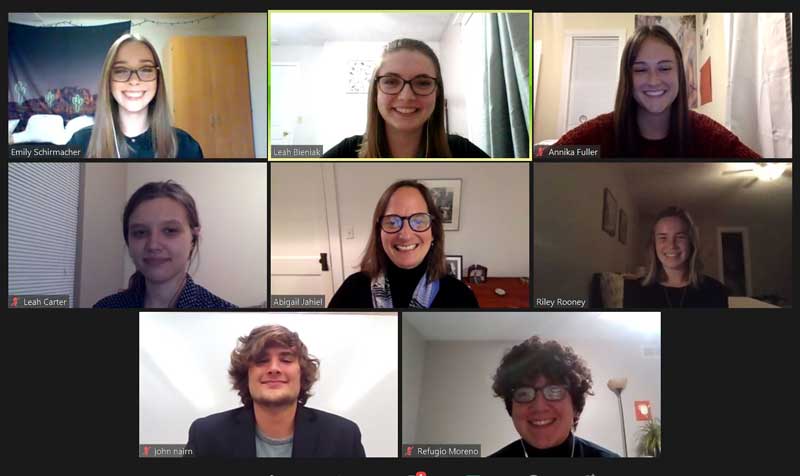 “Expanding the Environmental Justice Area Under Illinois Solar for All: The Case of
West Bloomington, Illinois”
“Expanding the Environmental Justice Area Under Illinois Solar for All: The Case of
West Bloomington, Illinois”
Leah Carter ‘20, Annika Fuller ‘21, Emily Schirmacher ‘21
Using statistical analyses, case study comparisons, and a wealth of collected data, students made the argument for expanding the environmental justice designation in West Bloomington under the Illinois Solar for All Act. Illinois Solar for All (ISfA) is a program funded through the Future Energy Jobs Act that focuses on increasing access to solar energy for low income and environmental justice communities. With the expanded designation, more West Bloomington residents would have access to solar energy and its environmental and economic benefits.
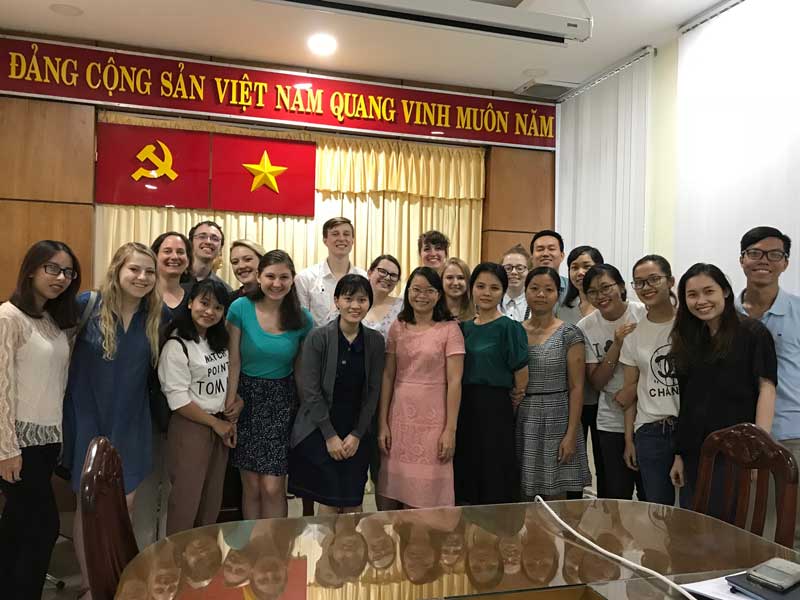 “Vietnam Today: Addressing the Challenges to Sustainable Development”
“Vietnam Today: Addressing the Challenges to Sustainable Development”
Emily Asselmeier ‘20, Chloe Bell ‘18, Katherine Henebry ‘19, Tom Hillebrand ‘20, Laura Kindle ‘19, Kelsey Knodel ‘19, Tera Wilson ‘20, Samantha Yoest ‘19
In May of 2018, eight ES students and two ES faculty spent two weeks in Vietnam conducting field studies of agricultural and urban ecosystems in the Mekong River Delta and Ho Chi Minh City (HCMC). While there, they partnered with students and faculty at Ho Chi Minh University of Natural Resources and Environment (HCMUNRE) and jointly developed a research project on means of achieving a more sustainable transportation system in HCMC. That fall, the students followed up by investigating the health and environmental impacts of traffic emissions in HCMC and how to reduce them; the flooding situation there and ecological means of addressing it; and commuter behavior in the city. In December 2018, the 12 HCMUNRE student and faculty partners came to IWU, where ES seniors and their Vietnamese collaborators presented their research findings in a public forum. Read more here.
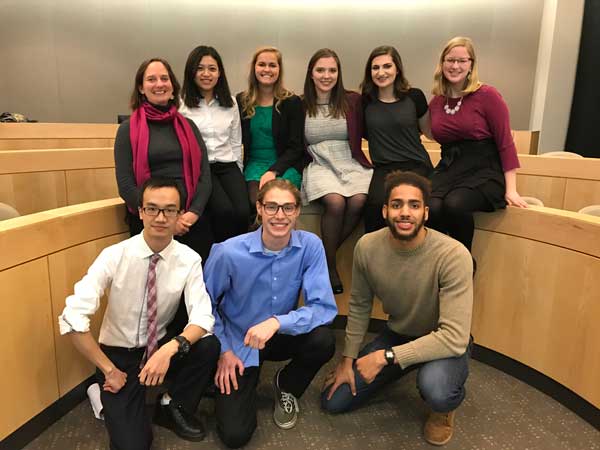 “Illinois Wesleyan Greenhouse Gas Inventory”
“Illinois Wesleyan Greenhouse Gas Inventory”
Briana Bacigalupo ‘18, Kiersten Bergquist ‘18, Katie Cevaal ‘18, Stephanie Gerace ‘18, Laurence Henderson ‘18, Jacob Morris ‘18, Ojaswee Shrestha ‘18, and Tony Wu ‘18
In 2017, at the request of then President Jensen, ES seniors conducted IWU’s first Greenhouse Gas inventory. Students followed the American College & University Presidents’ Climate Commitment (ACUPCC) guidelines, which require institutions to account for all emissions from purchased electricity; heating, ventilation and air conditioning (HVAC); university vehicles and other university-related travel; and other sources. They also chose to measure the GHG impact of IWU food and paper use. Through data collection and calculations, the students estimated that IWU’s 2017 emissions were 36,970 metric tons of carbon dioxide equivalent, which was notably higher than comparable universities at the time. The students proposed recommendations for the IWU to reduce its carbon footprint, including creating a Climate Action Plan, establishing funds for GHG reduction efforts, and developing a clean energy portfolio.
"Lessons from Scandinavia: Developing Sustainable Transportation Systems in Illinois”
Amanda Best ‘20
"Exploring Environmental Values Based on Age Demographics and Landscape Type Differences"
Hannah Horn ‘20
“Perceptions and Attitudes Regarding Stream Restoration Efforts”
Carina Silva ‘19
"Using Satellite Imagery to Assess Dominant Bankside Vegetation Along Sugar Creek
in Bloomington-Normal, Illinois"
Samantha Bidlack ‘19
“Are You Close to Caring? An Analysis of Pro-Environmental Behavior and Concern on
Proximity to Environmental Degradation”
Cameron McKee ‘17
“Determining the Feasibility of Reducing Bird Mortality on the Campuses of Illinois
State University and Illinois Wesleyan University”
Alexander Mueller ‘16
“Exploring Vegetarian Menu Options and Strategies to Increase Student Consumption
of Vegetarian Options at Illinois Wesleyan University”
Stephanie Huber ‘15
“Exploring Strategies to Gain Student Involvement at the Illinois Wesleyan University
Peace Garden”
Amanda King ‘15
“Assessing the Biodiversity and Susceptibility of Trees in Maxwell Park to Future
Invasive Tree Pest Outbreaks”
Jinny Alexander ‘14
Learn more
“Determining the Feasibility of Universal Access to Bus Transportation for Illinois
Wesleyan University Students”
Liz Kuehn ‘13
Learn More
“Determining the Feasibility of Implementing a Beekeeping Cooperative in the Bloomington-Normal,
Illinois Area”
Courtney Luensman ‘12
Learn More
“Bringing the Endangered Barn Owl Back to McLeah County, Illinois: Implementing a
Local Nest Box Program”
“Anna Groves Funk ‘11
Learn More
“Growing Food Justice in West Bloomington, Illinois”
Daniel Burke ‘09
Learn More
Independent Research
As an ES student at IWU, you will also have ample opportunity to conduct independent research with the guidance of a faculty advisor. This research can be in a specific area of focus or interdisciplinary, and you may even get to work with a student research partner from a different major! Explore the past independent projects below to see what kind of research you could perform:
Steven Burkett ‘23 and Rebekah Harden ‘22 conducted a study to determine if climate change has impacted Red-tailed hawk migration. During their first study season, Dec. 2020-Feb. 2021, they utilized non-harmful methods to gather feather samples that will be used to determine the place of origin for each hawk. A second project is being conducted with Katie Vogler ‘22 to determine the winter distribution and abundance of Red-tailed Hawk subspecies throughout Illinois.
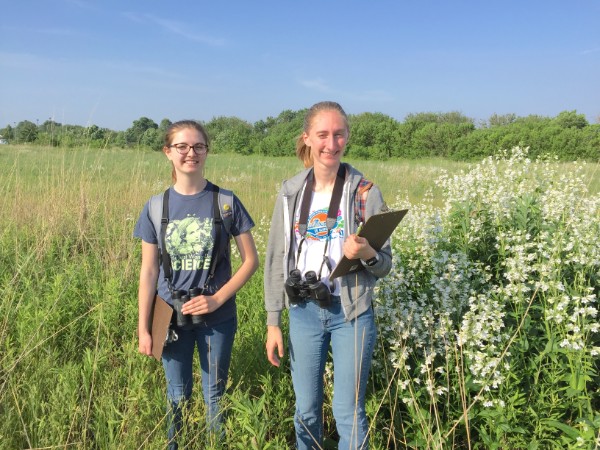 Leah Bieniak ‘21 and Rachel Schoenecker ‘20 received grants from the Illinois Ornithological
Society and The Ames Library to conduct a breeding bird survey and habitat analysis
in Bloomington-Normal. Leah and Rachel individually received research funding from
the Robert S. and Nell B. Eckley Scholars and Artists Program and The Criley Endowment
Fund, respectively. Early findings from their study, “Comparison of Breeding Bird
Diversity in Urban vs. Rural Areas in an Intensive Agricultural Landscape in Illinois,
USA,” suggest that urban areas can support a greater diversity of breeding birds than
agricultural areas.
Leah Bieniak ‘21 and Rachel Schoenecker ‘20 received grants from the Illinois Ornithological
Society and The Ames Library to conduct a breeding bird survey and habitat analysis
in Bloomington-Normal. Leah and Rachel individually received research funding from
the Robert S. and Nell B. Eckley Scholars and Artists Program and The Criley Endowment
Fund, respectively. Early findings from their study, “Comparison of Breeding Bird
Diversity in Urban vs. Rural Areas in an Intensive Agricultural Landscape in Illinois,
USA,” suggest that urban areas can support a greater diversity of breeding birds than
agricultural areas.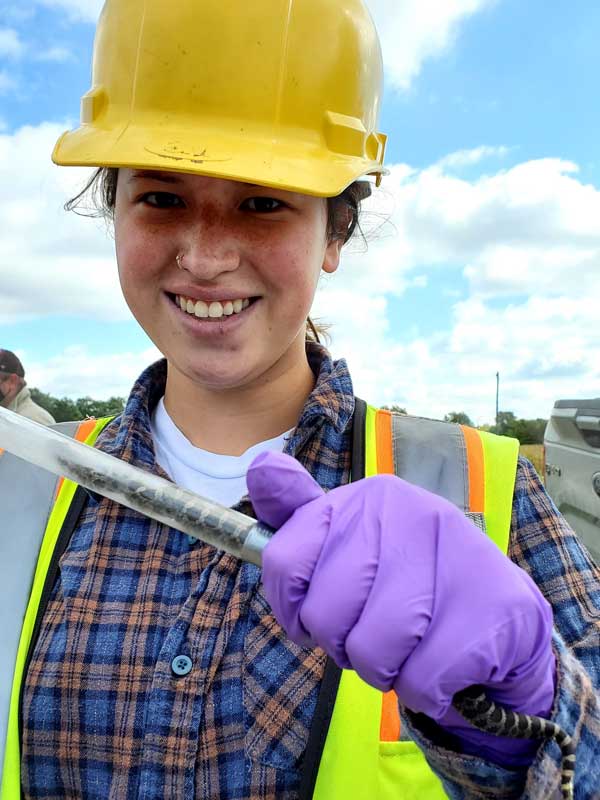 Michelle Roy ‘20 interned with the Peggy Notebaert Nature Museum in Summer 2019. During
this internship, she conducted surveys to assess the population density of the threatened
Smooth Green Snake in Dupage County, IL, as well as collect nests for incubation.
For her Senior Seminar, Michelle wrote her research paper on her summer findings,
informing people on the importance of this misunderstood species.
Michelle Roy ‘20 interned with the Peggy Notebaert Nature Museum in Summer 2019. During
this internship, she conducted surveys to assess the population density of the threatened
Smooth Green Snake in Dupage County, IL, as well as collect nests for incubation.
For her Senior Seminar, Michelle wrote her research paper on her summer findings,
informing people on the importance of this misunderstood species.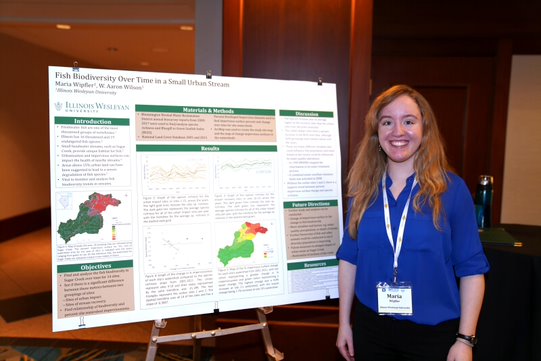 Maria Wipfler ‘19 conducted a study on the effects of urbanization on fish biodiversity
in Sugar Creek (McLean County, IL). During previous summers Maria worked on studying
freshwater mussels in central Illinois watersheds. She presented her Senior Seminar
research in February at the 2019 IWPC (Illinois Wastewater Professionals Conference)
in Springfield, IL.
Maria Wipfler ‘19 conducted a study on the effects of urbanization on fish biodiversity
in Sugar Creek (McLean County, IL). During previous summers Maria worked on studying
freshwater mussels in central Illinois watersheds. She presented her Senior Seminar
research in February at the 2019 IWPC (Illinois Wastewater Professionals Conference)
in Springfield, IL.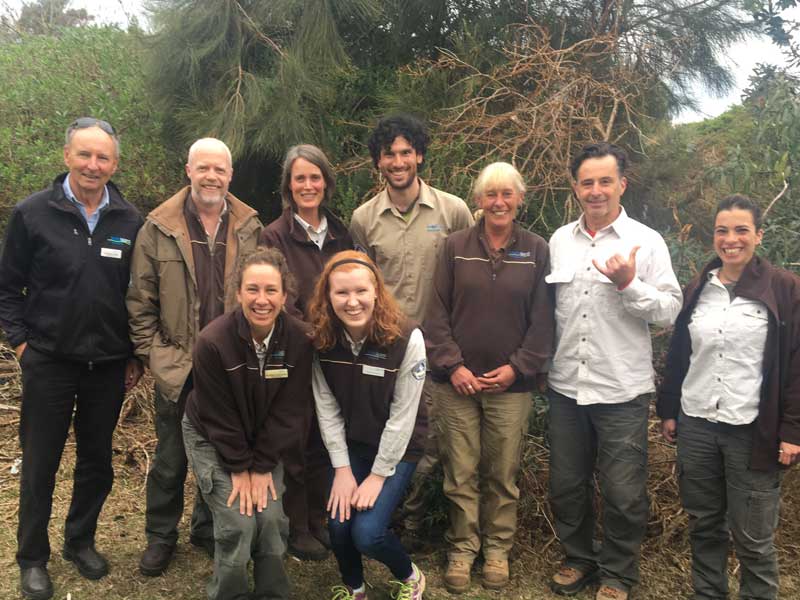 Janna Fitzgerald ‘20 studied abroad in Australia in Spring 2019 through the SIT Rainforest,
Reef, and Cultural Ecology Program. While there, she worked on an ongoing project
that aims to determine whether Australian fur seal (AFS) marine debris entanglements
have fluctuated over time on Seal Rocks, Victoria, and if the color or type of marine
debris correlate with seal demographic groups or sexes. Her findings indicated that
the younger seals are more likely to become entangled and have more severe entanglements
with marine debris, and that trawl net and fishing line cause the majority of entanglements.
Her work highlighted the destructive power ocean pollution can have on wildlife.
Janna Fitzgerald ‘20 studied abroad in Australia in Spring 2019 through the SIT Rainforest,
Reef, and Cultural Ecology Program. While there, she worked on an ongoing project
that aims to determine whether Australian fur seal (AFS) marine debris entanglements
have fluctuated over time on Seal Rocks, Victoria, and if the color or type of marine
debris correlate with seal demographic groups or sexes. Her findings indicated that
the younger seals are more likely to become entangled and have more severe entanglements
with marine debris, and that trawl net and fishing line cause the majority of entanglements.
Her work highlighted the destructive power ocean pollution can have on wildlife.
John Wesley Powell Conference
Each spring, IWU hosts The John Wesley Powell Research Conference, a distinguished event that provides a unique opportunity for IWU students to present their independent research to their peers, professors, and the community. Below are examples of ES student abstracts from past years.

Aaron Wilson - Chair and Associate Professor of Environmental Studies
Department - Environmental Studies
